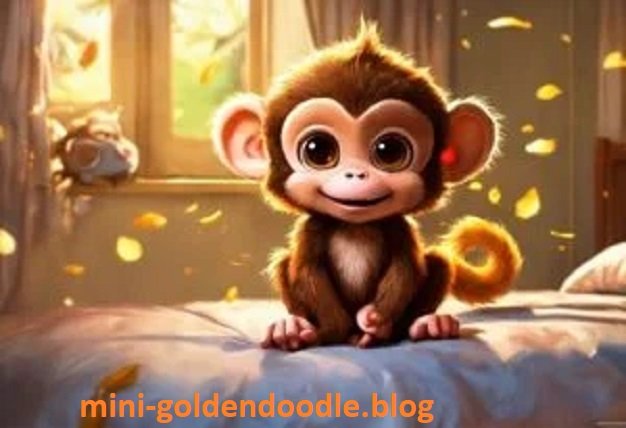Introduction
In the ever-evolving landscape of advertising and pop culture, certain phrases and characters manage to captivate our attention with their quirky appeal. One such phenomenon that emerged in recent years is the concept of the “puppy monkey baby.” This amalgamation of three distinctly adorable creatures—puppies, monkeys, and babies—into a single entity has sparked both fascination and debate. From its origins to its impact on popular culture, this blog explores the curious case of the puppy monkey baby.
What is a Puppy Monkey Baby?
The term “puppy monkey baby” gained widespread recognition through a Super Bowl commercial in 2016 by Mountain Dew. It features a surreal creature with the head of a pug puppy, the torso of a monkey, and the lower body of a baby. This bizarre yet oddly endearing creation was designed to promote a new drink called Mountain Dew Kickstart.
The Birth of an Internet Sensation
Following its debut during Super Bowl 50, the puppy monkey baby quickly became a viral sensation. Memes, gifs, and parodies flooded social media platforms, propelling the creature to meme stardom almost overnight. Its unusual appearance and catchy jingle—”puppy monkey baby, puppy monkey baby”—contributed to its rapid spread across the internet.
Cultural Impact and Reception
Despite its initial popularity, the puppy monkey baby faced mixed reactions from viewers and critics alike. While some found it amusing and memorable, others found it unsettling or even disturbing. The debate over its appeal highlighted the subjective nature of humor and advertising effectiveness in modern media.
Psychological Fascination: Why Do We Find It Appealing?
Psychologically, the puppy monkey baby taps into our innate attraction to cute and familiar elements. The combination of animals traditionally seen as cute (puppies and babies) with the curiosity of a monkey creates a visual paradox that captures attention. This phenomenon aligns with studies on cuteness perception and evolutionary psychology.
Evolution of Advertising Strategies
The Mountain Dew commercial marked a shift in advertising strategies, leveraging surreal and unexpected elements to grab attention in a cluttered media landscape. The success of the puppy monkey baby campaign prompted other brands to explore unconventional advertising techniques, aiming to replicate its viral impact.
Memes and Digital Culture Puppy Monkey Baby
In the realm of internet culture, memes play a significant role in shaping public discourse and entertainment. The puppy monkey baby meme exemplifies how a single image or concept can transcend its original context and take on a life of its own in online communities. Its enduring popularity in meme culture underscores its status as a cultural icon.
Criticism and Controversy
Despite its widespread appeal, the puppy monkey baby also sparked controversy. Critics argued that it represented a bizarre and potentially unsettling depiction of hybrid creatures, blurring the lines between human, animal, and commercialism. This criticism raised ethical questions about the use of anthropomorphic figures in advertising.
Merchandising and Consumer Products
Following its commercial debut, the puppy monkey baby spawned a range of consumer products and merchandise. From t-shirts to plush toys featuring the hybrid creature, its image became synonymous with pop culture memorabilia. The commercial success of these products demonstrated the enduring appeal of the puppy monkey baby beyond its initial advertisement.
Conclusion
In conclusion, the puppy monkey baby represents more than just a quirky advertising creation; it symbolizes the intersection of humor, controversy, and consumer culture in the digital age. From its viral debut to its enduring legacy, this curious creature continues to intrigue and divide audiences worldwide. As we navigate the ever-changing landscape of advertising and popular culture, the puppy monkey baby serves as a reminder of the power of creativity and the unpredictability of internet fame.
FAQs
Who created the puppy monkey baby?
The Puppy Monkey Baby was created by the advertising agency BBDO for Mountain Dew’s Kickstart commercial.
What was the reaction to the puppy monkey baby commercial?
Reactions were mixed, with some finding it funny and memorable, while others found it strange or unsettling.
Is the puppy monkey baby a real animal?
No, the puppy monkey baby is a fictional creation for advertising purposes and does not exist in reality.

